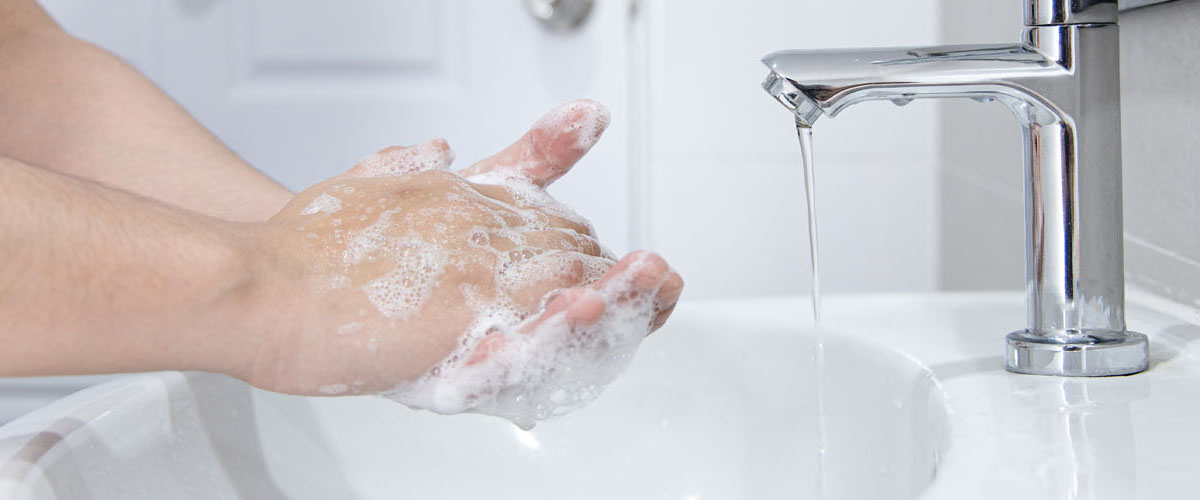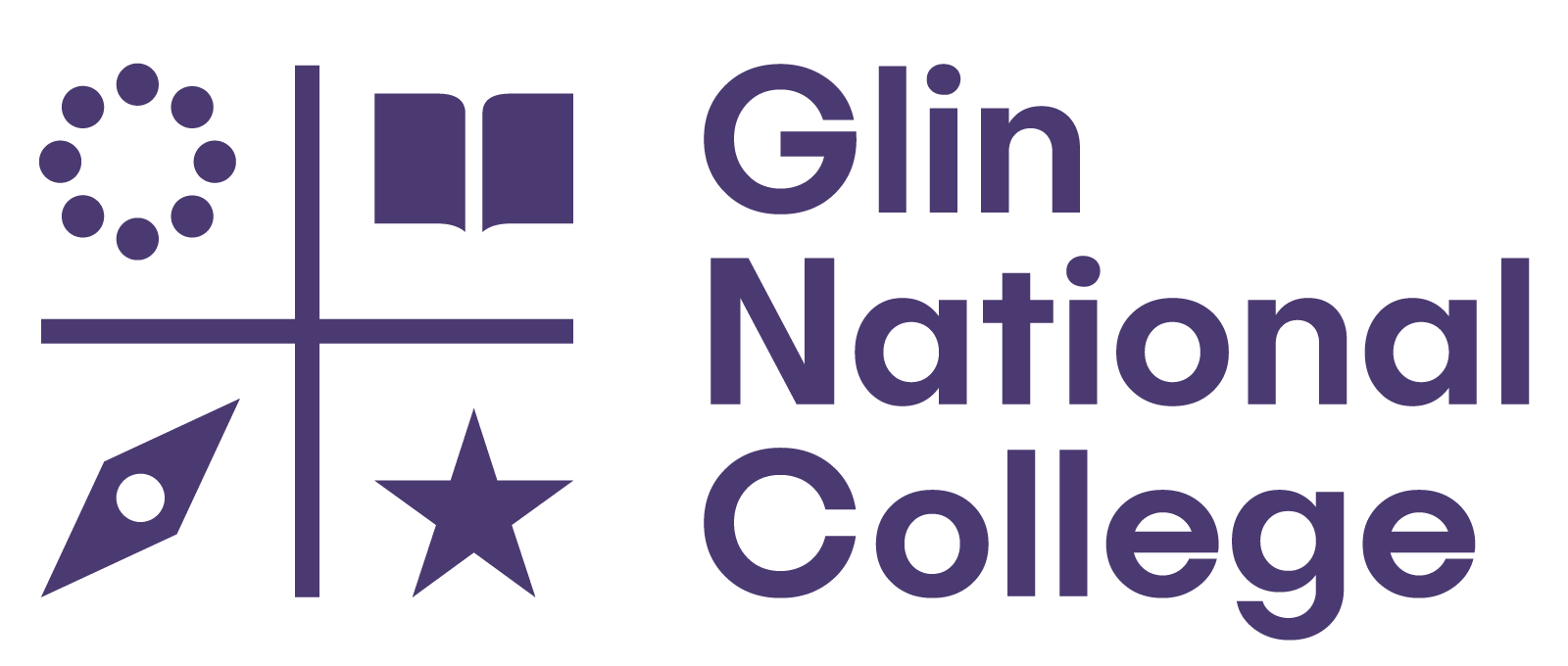Infection Prevention & Control

Infection Prevention and Control prepares the learner to prevent and control infection within the health services area and food related services by showing how we can protect ourselves from exposure to harmful germs and how to work to prevent infections spreading.
Note: Infection Prevention & Control is a mandatory requirement of QQI Major Award Health Service Skills 5M3782.
Course Code
5N3734
Entry Requirements
• Over 18 years old
• Good spoken and written English
• QQI level 4 certificate
• Leaving certificate and/or relevant life and work experience
Qualification
QQI Level 5
Duration
4 days
Assessment
Learner Record / Skills Demonstration / Examination - Theory
• Participants must have:
– Proof of name and date of birth
– PPS Number
• Cancellation fee:
– 100% price for cancellations made less than 7 days in advance, or in case of no-show
– No fee for cancellations made 7 or more days in advance
Learners will be able to:
1 Explain the basic principles of infection and the application of standard precautions in relation to infection control, to include the significance of an Area of Infection Control
2 Discuss the importance of infection prevention and control in the healthcare area, in providing a healthy environment for patients, staff and visitors
3 Summarise the various types of micro organisms, the elements required for the growth, spread and subsequent infection process, to include direct and indirect contact, knowledge of the chain of infection and the need for vigilance and safe practice at all times
4 Analyse the predisposing factors to the development of healthcare-acquired infections to include contact precautions, respiratory precautions and enteric precautions
5 Discuss the role and functions of the local infection control team members, to include local policy in relation to dress, staff health and travel associated infections
6 Investigate the terms cleaning, disinfection and sterilisation to include cleaning standards, procedures and frequencies while paying special attention to decontamination of equipment, including patient care equipment
7 Identify the main blood borne viruses which pose a threat and the methods that prevent the spread of infections
8 Examine the role of antibiotics and the importance of correct and safe antibiotic use to avoid antibiotic resistance
9 Differentiate between social hand hygiene, antiseptic hand hygiene and surgical hand hygiene to include the correct use of alcohol hand gels and the need for good personal skin care and efficient hand washing
10 Implement the local terminal cleaning procedure in a range of settings, such as an isolation room, single use items and outbreak management
11 Apply appropriate management of blood and body fluid spillages, to include policies for dealing with clean and soiled linen, the disposal of sharps and the correct management following inoculation, injury or accidental exposure to blood and body fluids.
Price
€295.00
Funding
Course funding options may be available, depending on eligibility. Contact your local Intreo office or Local Employment services.
Protection for Learners
Glin National College (GNC) offers students learner protection insurance, which ensures that learners of a validated programme of three months or longer leading to a QQI award have an opportunity to complete that programme, or are refunded the money most recently paid if that programme ends before they complete it. Each learner receives a Learner Protection Insurance Policy in their name and we will notify them in writing of any change in information within 14 days of becoming aware of that change.
Complaints Procedure
It is our policy to deal with any expression of dissatisfaction concerning our services or their provision in a fair manner. Complainants should raise their concerns as soon as possible, and where the conduct complained of is violent or criminal in nature, the Gardai will be contacted without delay.
While in no way diminishing the issue or the effects on individuals, an informal approach should be the first course of action as it can often easily resolve matters. If the situation or behaviour continues, the complainant can proceed to making a formal complaint. If a hearing by investigation is required, its results evaluate whether the complaint is valid or invalid, or is malicious, or whether there is insufficient evidence. If a complaint is not resolved to the satisfaction of the complainant, it may be referred again for internal review by Glin National College or in writing to the office of the Chairperson of the Board of Management.

